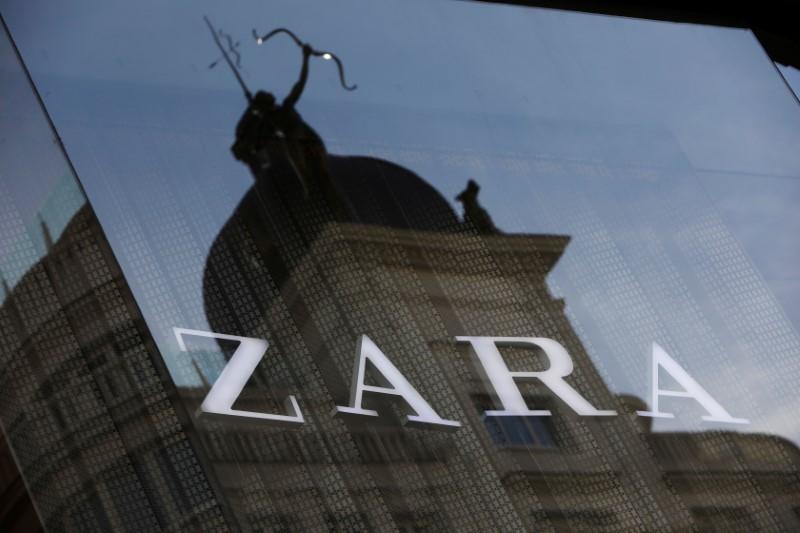The parent company of Zara, a major fashion retailer, said it is permanently closing as many as 1,200 smaller-sized stores while opening 450 new ones “fitted with all the latest sales integration technology” as the pandemic accelerates a budding trend away from brick-and-mortar toward online sales formats.
Inditex, which owns Zara and seven other brands, said in a statement Wednesday that it will cut between 13 and 16 percent of its global retail outlets, or between 1,000 and 1,200 stores.





